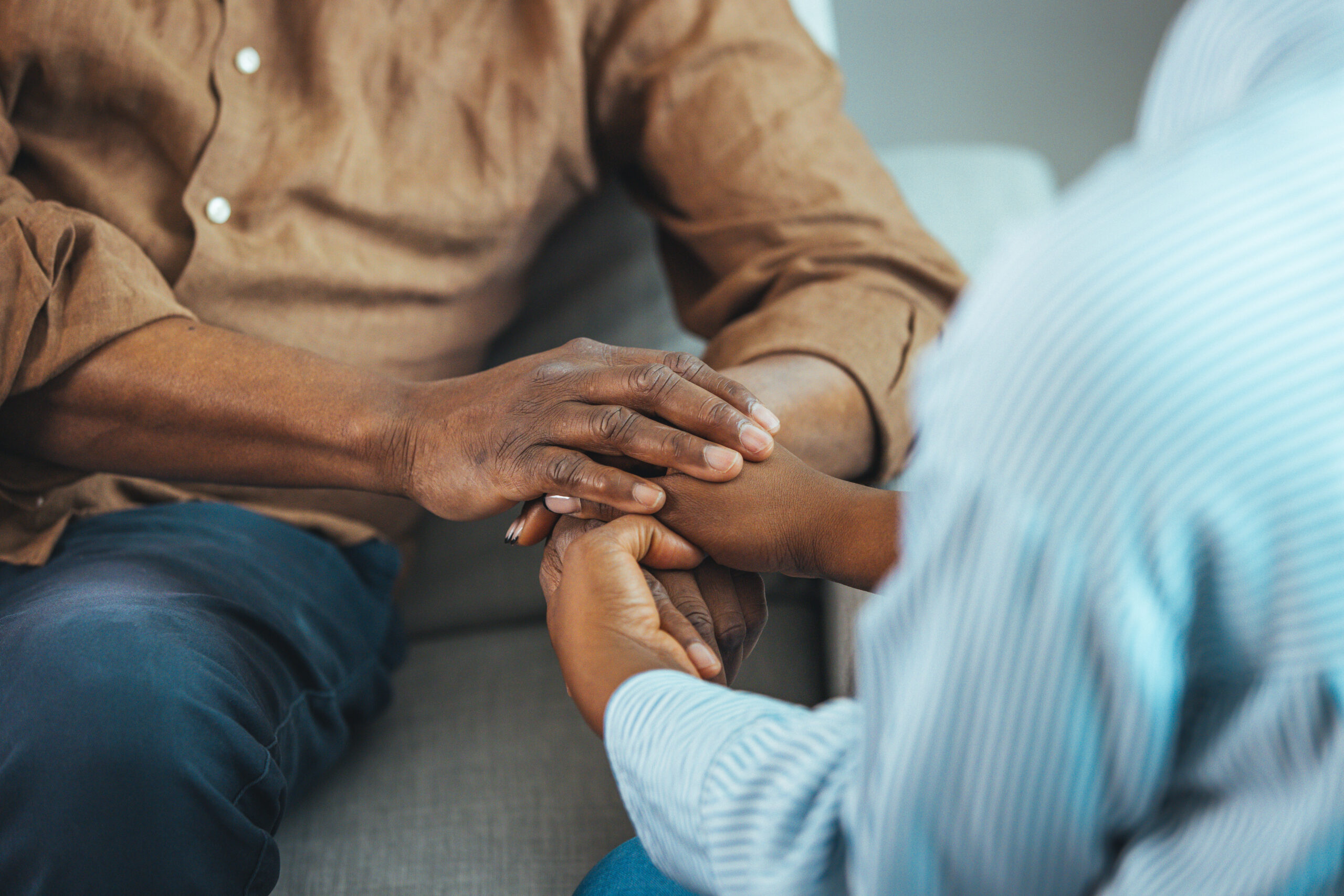How it was
There has undoubtedly been a period of time, in which mental health was something people ran away from learning about, didn’t understand, or labeled as “crazy”. Individuals with undiagnosed mental health disorders who struggled with daily life tasks, regulating their emotions, healing from loss or recovering from trauma, were categorized as “unstable,” “sensitive,” “dramatic,” or “a lost cause.” The shame and embarrassment that individuals carried for not being as “normal” as those who so quickly labeled them, deterred them from seeking help and drawing more attention to a condition no one could understand. Some endured maltreatment in the facilities where they were institutionalized. Others were left feeling alone, uncared for, untreatable and abnormal. Symptoms of depression or anxiety intensified, resulting in poor coping skills such as substance use, isolation, self-harm, or suicide.
How it’s Going
We have reached a new era in which education and resources regarding mental health have increased and awareness is being spread amongst different populations. Efforts are continuously being made for access to mental health resources to be inclusive of all those who need it, including the LGBTQ+ and Black communities. Mental health resources are being encouraged in schools and workplaces. Education regarding mental diagnoses and symptoms are being taught and learned about. The treatment of those who enter psychiatric facilities have improved immensely.
Although the increase in knowledge and awareness regarding mental health have created significant changes in society, the ease of access to information regarding mental health online (factual and non-factual), have contributed to the trend of self-diagnosing and the glamorization of mental health disorders. Young adults and teenagers rely on social media platforms to obtain information regarding symptoms and behaviors related to certain diagnoses. Professionals are being sought out to treat these already self-diagnosed disorders, or sometimes aren’t being sought out at all. The focus has increasingly shifted away from awareness on how people can obtain professional help to improve their symptoms of mental illness and ultimately create a healthier way of life.
What can you do?
Increasing awareness and education regarding mental health will always be essential to creating the change we want to see in society. It is important, though, to be cautious of where you are obtaining your information. Viewing trustworthy sites (.org, .edu, .gov) is a great start, reaching out to a trusted licensed professional with experience and knowledge who can help you explore any concerns is the best option to avoid any misleading information. Continue to spread awareness about mental health and the resources made available by professionals to contribute to the change.
Victoria Adeyemi, LPC

